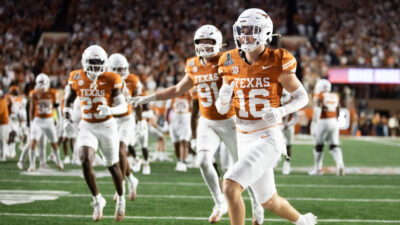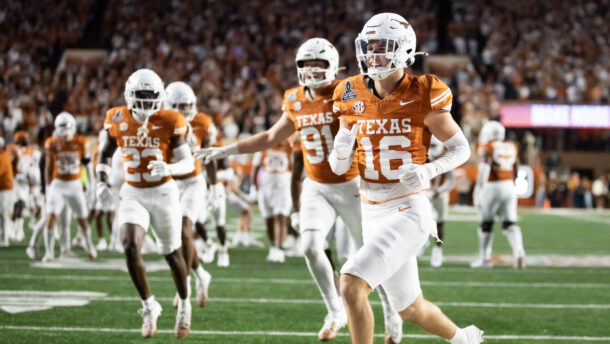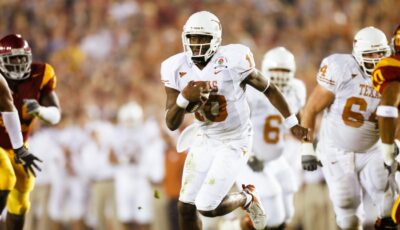Updated guidelines have arrived from the NCAA for how athletes will be treated in terms of COVID-19 policies and procedures.
“Current vaccination rates remain inadequate to provide community-level immunity,” NCAA Chief Medical Officer Brian Hainline said in a release from the NCAA. “It is essential that member schools work in concert with federal, state and local public health officials to develop COVID-19 prevention and management strategies that make sense for them.”
The NCAA defines Tier 1 individuals as those with the highest exposure, for example, student-athletes, coaches, athletic trainers, physical therapists, medical staff, equipment staff and officials.
In short, the NCAA will test people who aren’t vaccinated within three to five days of them arriving on campus. During competition season, the unvaccinated will be subject to weekly PCR/NAAT testing or three times-a-week antigen testing when no competition is scheduled. For the vaccinated, there will be no testing unless symptomatic, or based on a risk assessment of a documented close contact with COVID-19.
If there is sustained increased transmission on a team, there would be tests of all symptomatic individuals or individuals with close contacts, or apply a similar risk mitigation strategy.
In terms of quarantine, the unvaccinated will be treated in accordance with local health authority guidance, while the vaccinated will have to wear masks in public indoor settings for 14 days with discontinuation if a COVID-19 test is performed three to five days after exposure and is negative, or if assessment does not reveal high risk.
A former newspaper veteran, Keith Farner is a news manager for Saturday Down South.







